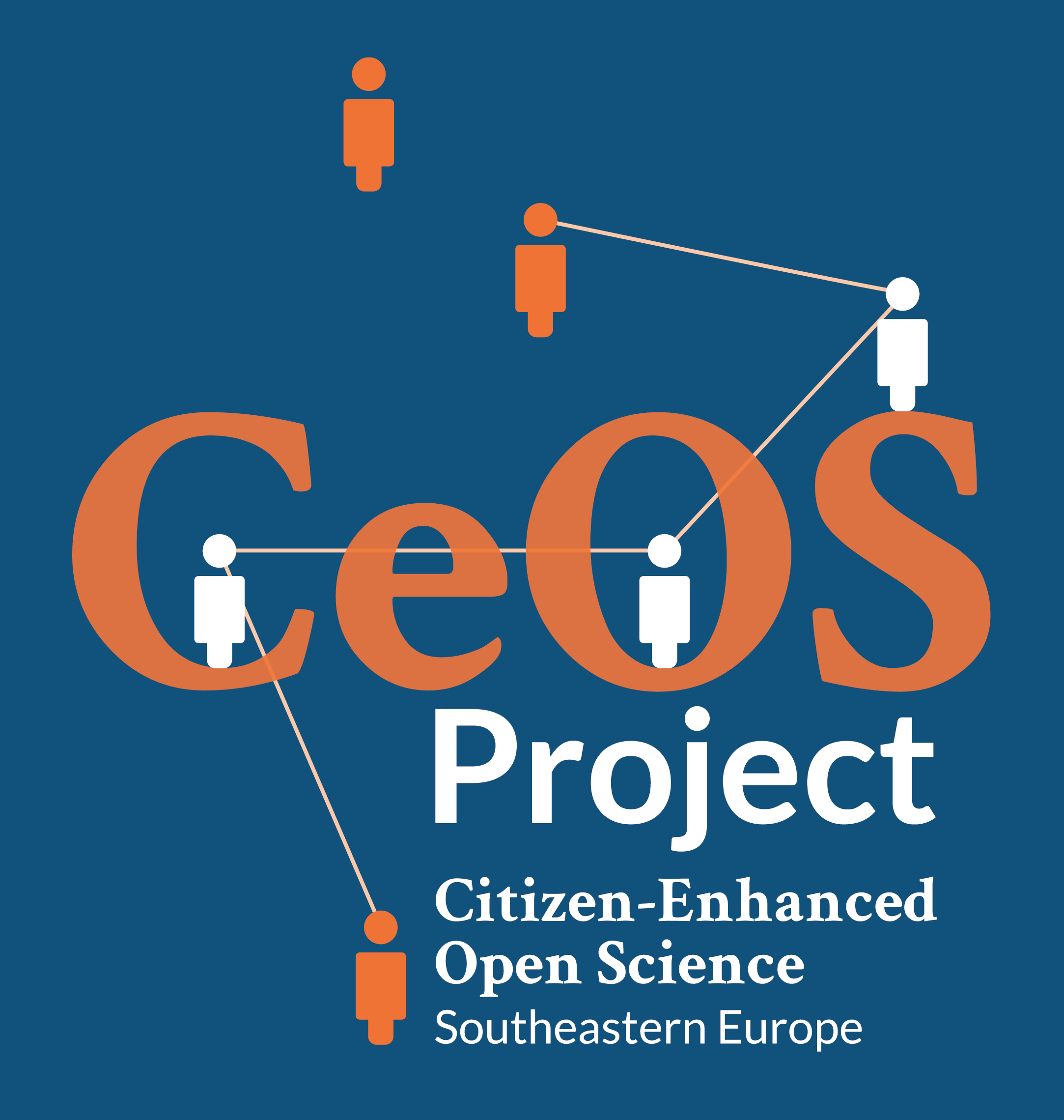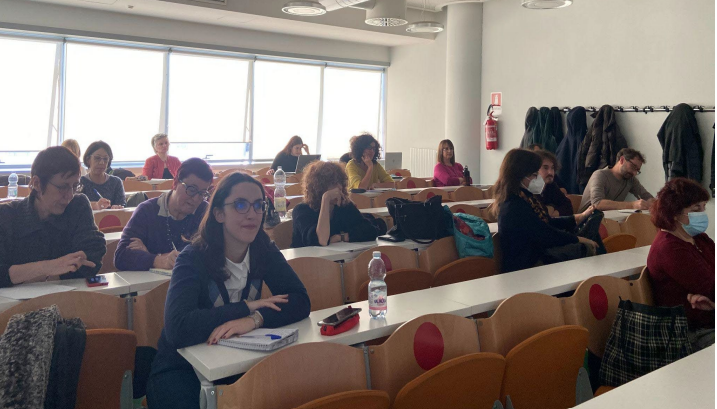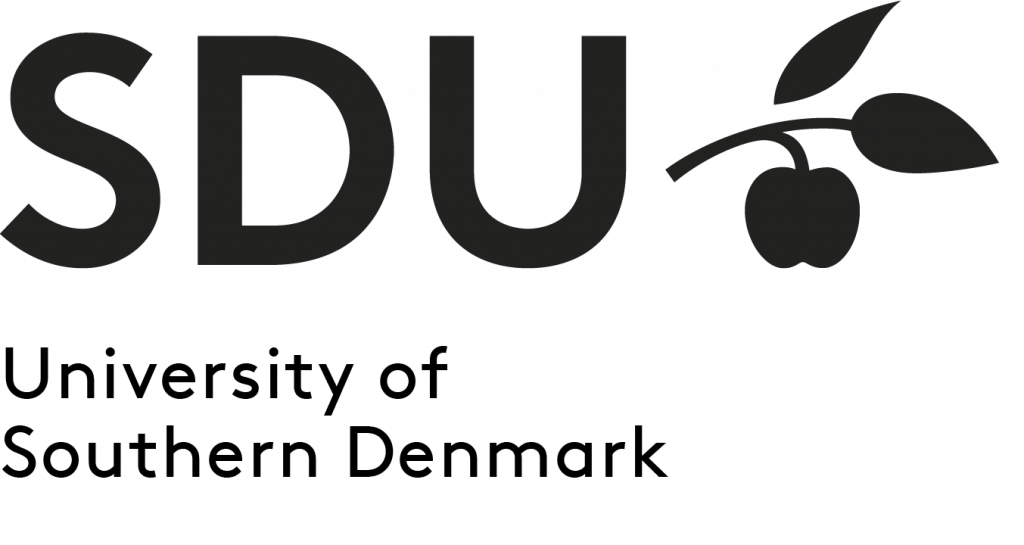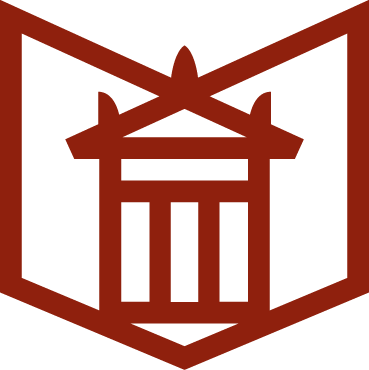One of the main deliverables of the PR3 package, led by University of Turin (UT), partner of the Erasmus+ project Citizen-enhanced Open Science in Southeastern Europe Higher Education, was the training activity combined with a Learning by doing activity to support a genuine experience of Citizen Science (CS) activity.
CeOS_SE project makes an effort to upskill additional trainers/multipliers to assist researchers, administrative personnel, public libraries, and citizens in CS projects and CSA by employing a Train-the-Trainer methodology and a Learning by doing approach to engage the public into real co-creation activities
The Assessment Report on CeOS_SE Activities at Partner Institutions gathers the quantitative and qualitative response of the SE European librarians and of the citizens and students involved in the PR3 training and CS activities: in total 12 Train the Trainers activities (including 2 UT training events addressed to CeOS_SE partners) and 8 Learning by doing events were carried out by CeOS_SE partners from July 2022 to February 2023 in their respective countries.
The report analysis was supported by:
– the answers to two questionnaires, ex ante and ex post, completed by attendees at the training courses, with library staff serving as the primary target group;
– the answers to a third questionnaire completed by participants in the CSA: students, citizens, HE academic staff, teaching, and administrative;
– the lessons learned gathered from CeOS_SE partners.
A total of 408 stakeholders, including academic librarians, librarians from national libraries, public librarians, researchers, university students, citizens and some other CS stakeholders (1 policy maker, 1 teacher, 1 student), participated in the events organised by CeOS_SE partners for institutional and external stakeholders.
All the activities revealed to be successful; most of librarians participating at the PR3 events were enthusiastic about the new role CS calls upon academic libraries: they became aware of the importance of their role in the dissemination of CS and to acquire an active role as trainers. Almost all of them showed a genuine desire to upskill.
Some challenges were identified by participants in the need for extra funding, the lack of personnel and the awareness that to adequately support CS in their respective library librarians need to broaden their networks and acquire new skills: i.e. communicative skills, soft skills, data management skills etc.
Public libraries, schools, and museums were identified as excellent partners for advocating and supporting Citizen Science.
The CeOS_SE activities revealed to have also a mid-term impact. As a matter of fact, the partners developed a structured technique for training librarians on OS and CS topics and for planning CS activities.
A mid-term training activity was successfully introduced by three partners (UT, NSK and UNILIB):
- UT set a roadmap to develop together with UT public engagement office CSA and CS events in Turin. The first CS extra activity was held on 11 May 2023 at the Campus Luigi Einaudi, in Turin under the premises of the Norberto Bobbio Library. The event brought together researchers involved in CS projects and will be addressed to a target audience of schools from Turin Municipality.
- NSK accredited the webinar Citizen Science in libraries for all types of libraries of the Republic of Croatia as a part of the Training Center for Continuing Education of Librarians in the Republic of Croatia (CSSU). The first webinar module was carried out on 28 February 2023. The course was attended by 140 library specialists. The second webinar module was held on 3 March and gathered 80 librarians.
- UNILIB also succeeded in nationally accrediting a new CS training course in Serbia for librarians. The course was held on 8 March in Novi Sad and gathered around 200 participants including public, school, and academic librarians.
Given the above-mentioned premises, the CeOS_SE partners can now claim a recognised role in the promotion of CS in their respective countries.
Author: Maria Cassella, UNITO
